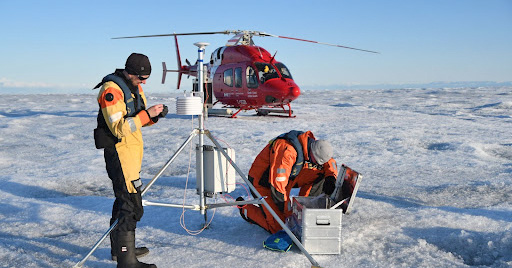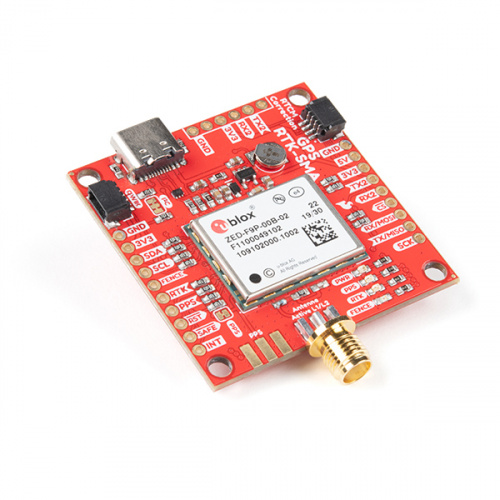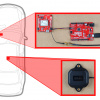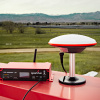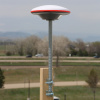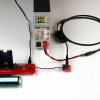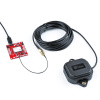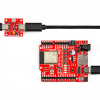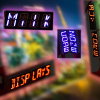How to collect data on an moving glaciers in -40°C...
The Canadian Arctic is a fascinating and inhospitable place that remains an important area for science to study. In an environment undergoing rapid environmental change, there is an alarmingly small amount of data being collected – in part because of reliance on expensive and proprietary commercial data acquisition and telemetry systems. Scientist Adam Garbo knew there had to be a better way.
Focusing his research on “low-cost, open-source technology to help study the cryosphere,” Garbo set out to create an affordable and open-source solution to this deficiency of data. This is the idea behind the Cryologger. Configured for a number of different research applications, such as an iceberg tracking beacon, an automatic weather station, and most recently, a glacier velocity measurement system, the Cryologger is a flexible and powerful tool.
Learn more about Garbo's project and follow his beacons progress as they move through the Arctic here.
Project Submissions:
If you have a project that you want to show off and are interested in writing a post for SparkFun, tweet us @SparkFun, tag us on Instagram @SparkFun, or shoot us an email, but the best way is to submit your project by clicking the link below. We'd love to work with you and share your project!
